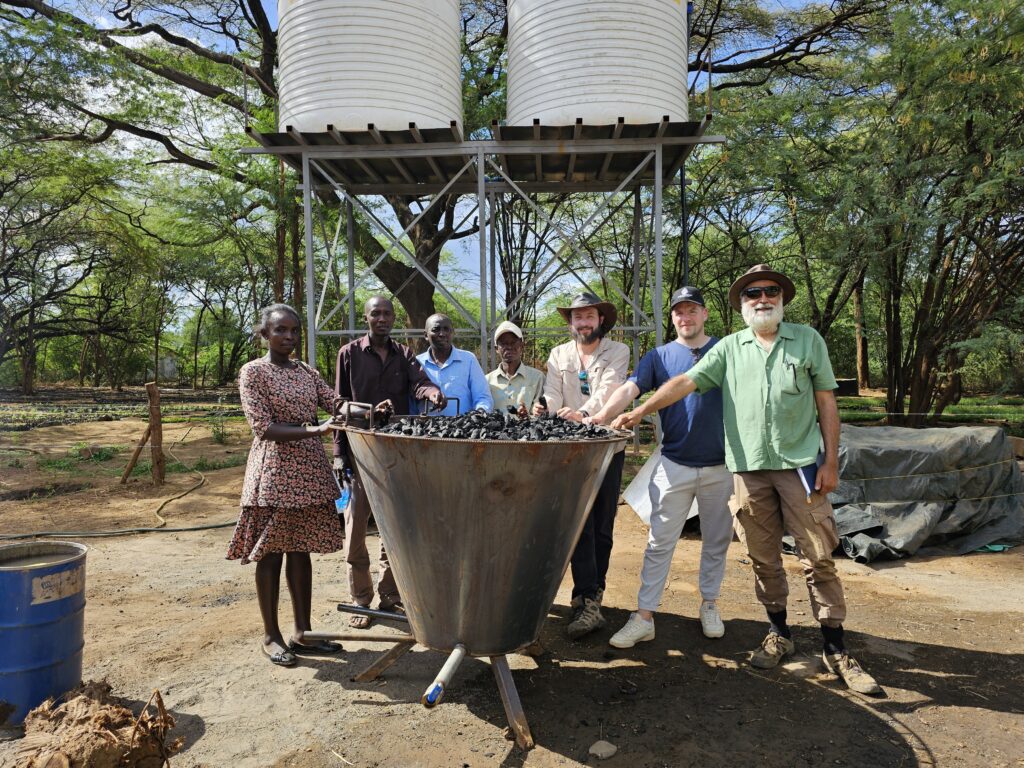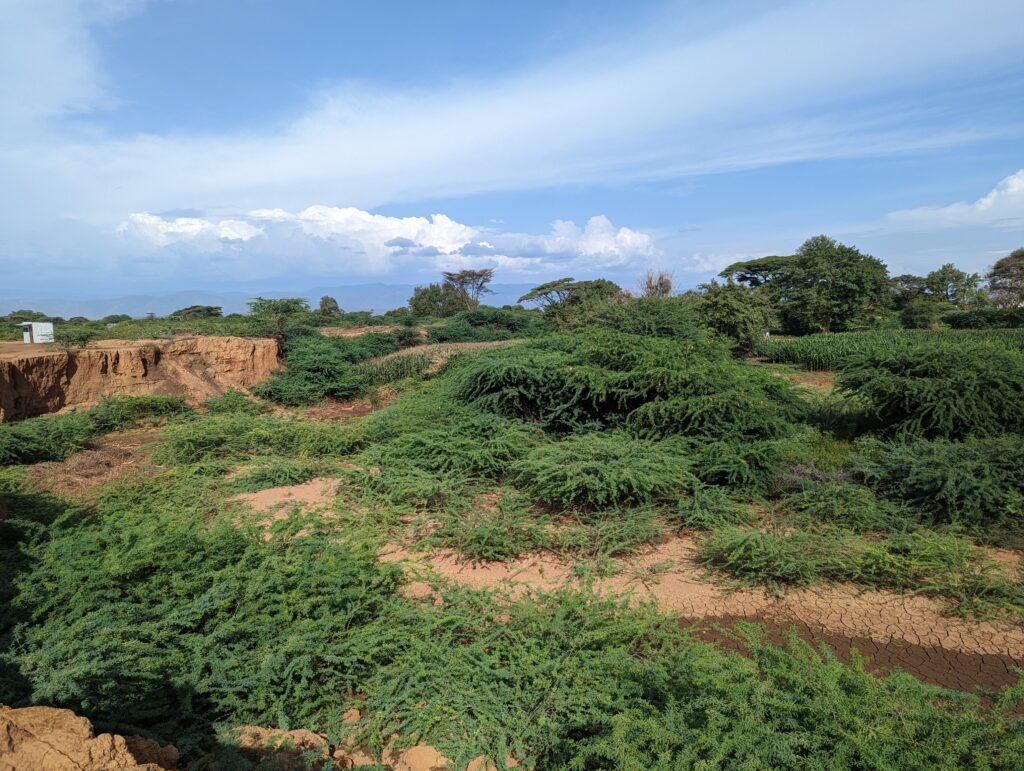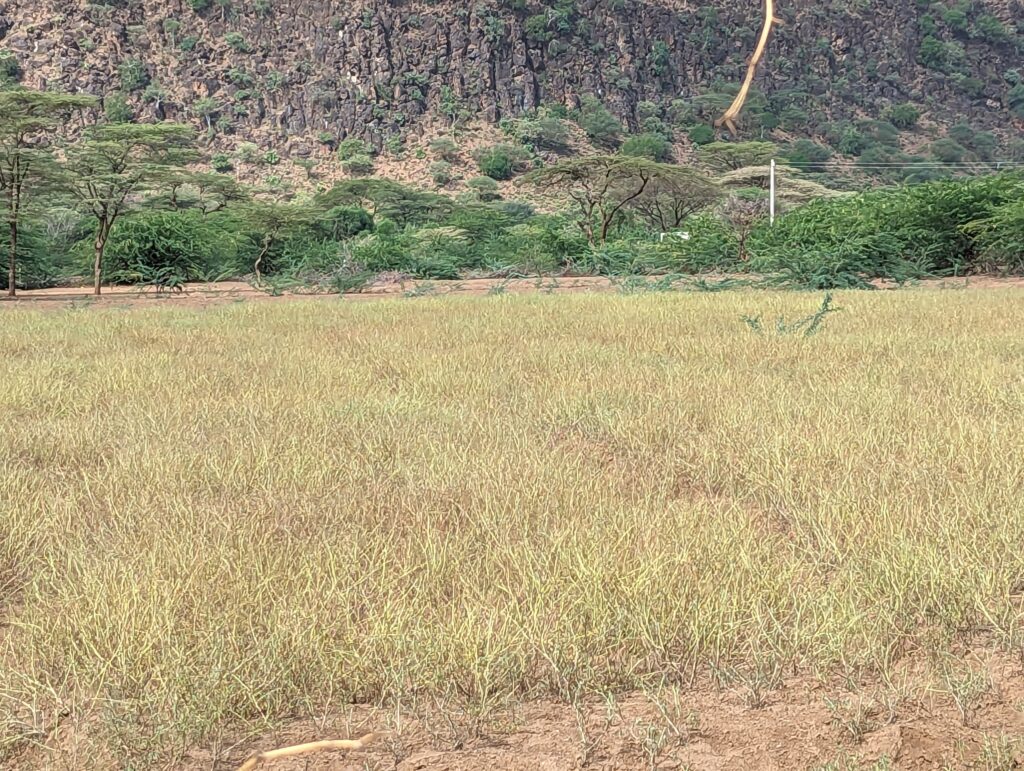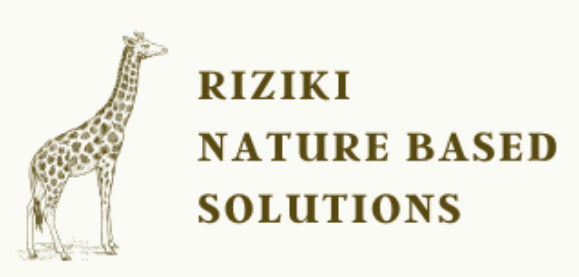Our model increases agricultural productivity, restores degraded land, and creates jobs, empowering communities to thrive.
The Problem
Factories face rising costs and expensive operational downtime due to scarce, unreliable fuel options for their boilers, while invasive mesquite devastates ecosystems, reduces arable land, and deepens poverty—creating a vicious cycle of economic and ecological harm. Our business model transforms these challenges into solutions by converting invasive mesquite into affordable, sustainable biofuels that restore ecosystems and empower communities.
THE PROBLEM
Factories face rising costs and expensive operational downtime due to scarce, unreliable fuel options for their boilers, while invasive
mesquite devastates ecosystems, reduces arable land, and deepens poverty—creating a vicious cycle of economic and ecological
harm. Our business model transforms these challenges into solutions by converting invasive mesquite into affordable, sustainable
biofuels that restore ecosystems and empower communities.
Environmental Crisis
“Invasive mesquite has taken over 2 million hectares in Kenya, causing $2.4 billion in annual losses. This ecological scourge depletes water, reduces arable land, and displaces livelihoods.”
Soil Degradation
“Decades of unsustainable farming practices and the use of man-made fertilizers have degraded topsoil, reducing its ability to retain nutrients and support crops. Salination of aquifers due to overuse of groundwater further increases soil salinity, compounding nutrient loss and decreasing agricultural productivity.”
Global Implications
“Without intervention, these combined factors threaten biodiversity, food security, and the stability of rural communities across Kenya.”
Economic and Ecological Benefits

Biofuel Production
Using sustainable practices, we convert mesquite into renewable biofuels that offer cost-effective, environmentally friendly alternatives to fossil fuels.

Biochar Innovation
Our biochar, made from invasive mesquite, provides durable carbon sequestration, enhances soil fertility, and restores ecosystems. It’s a high-integrity carbon removal solution aligned with Puro.earth standards.


